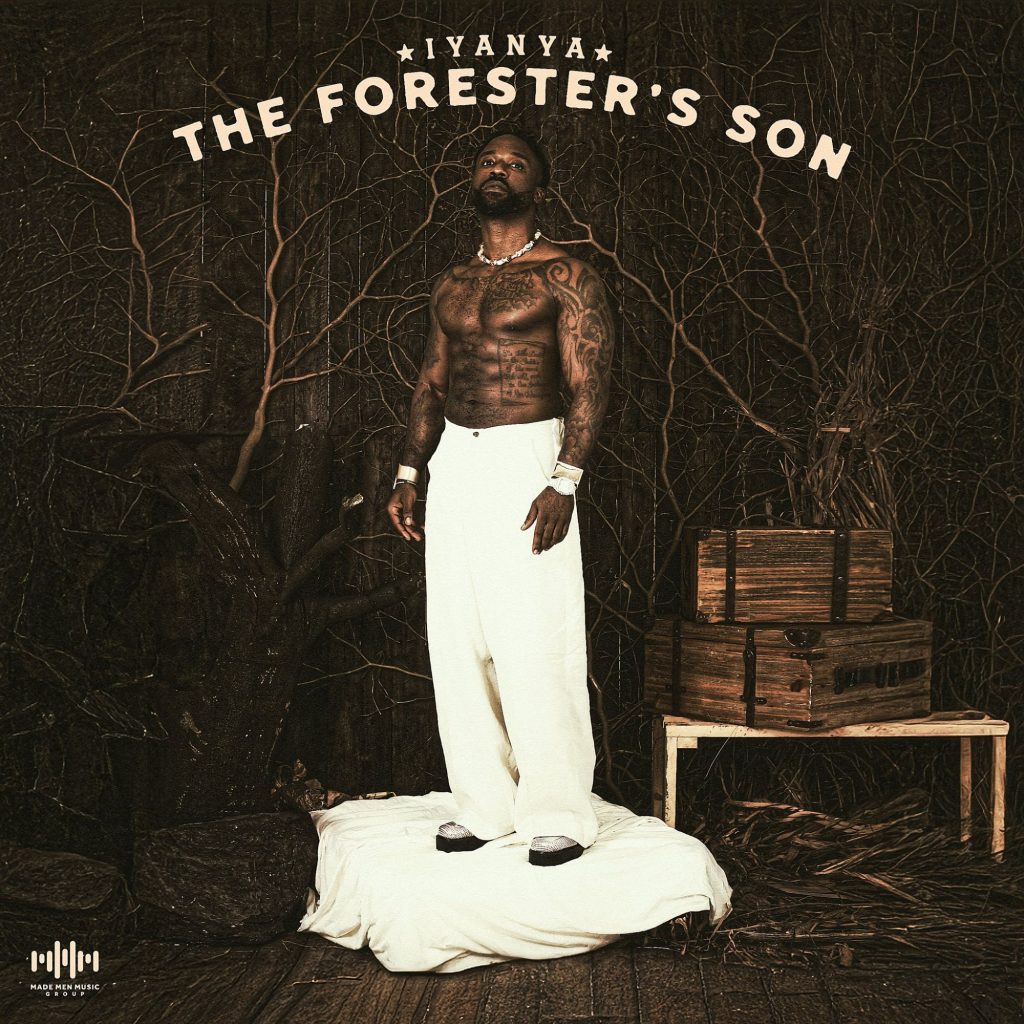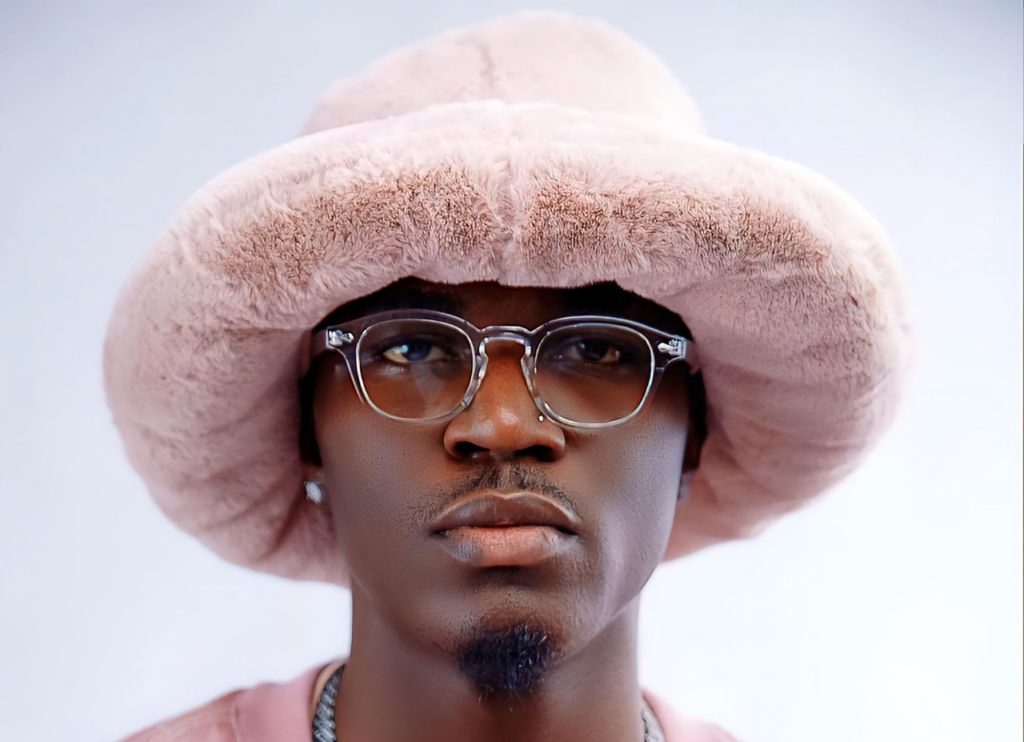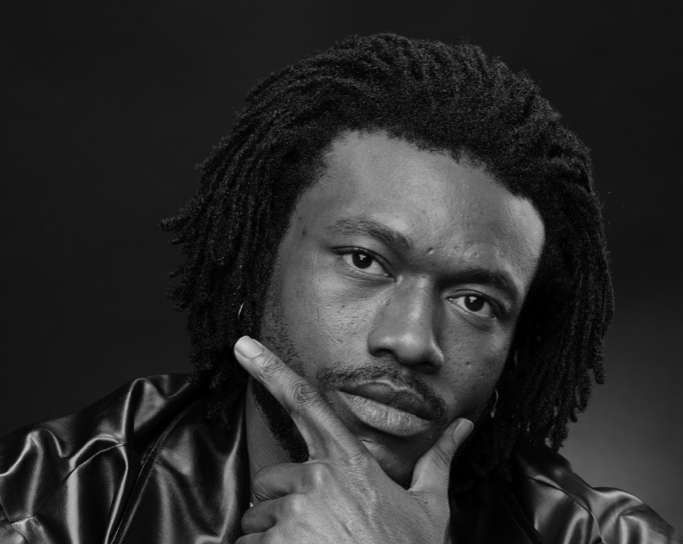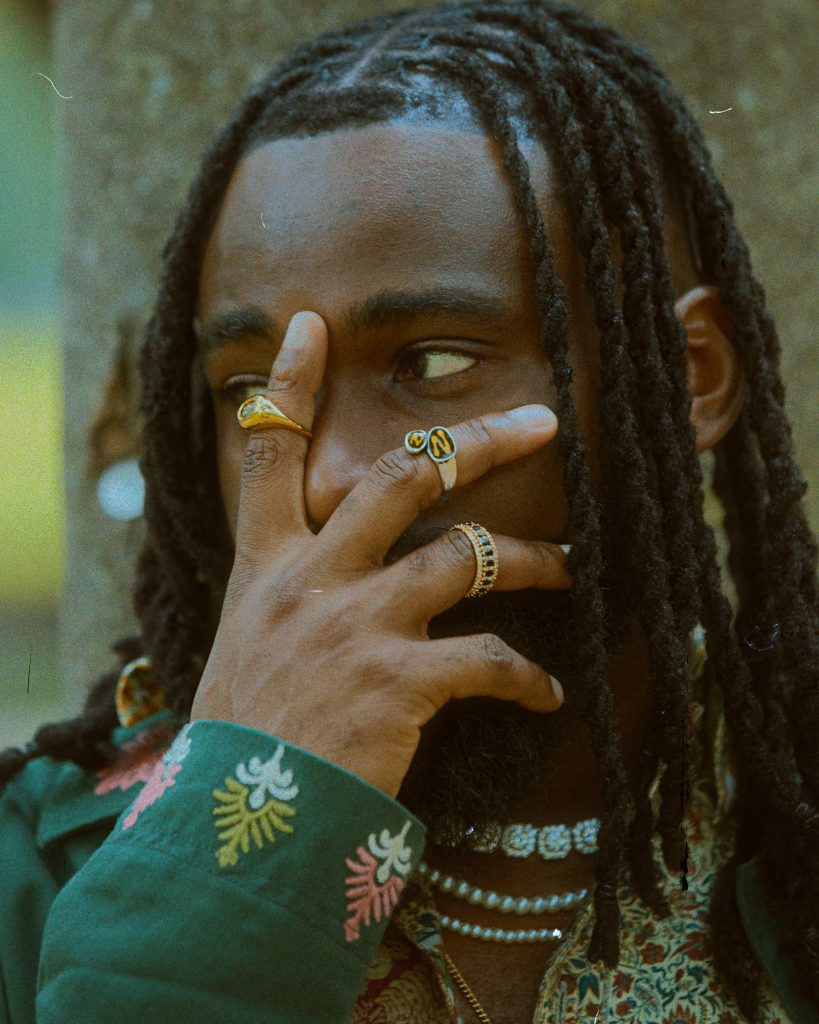In an era where cultural identity in music is often diluted for global appeal, Hammerboi stands firm as a torchbearer of Bini heritage. His music is laced with the cadence of the Bini language and the sonorous sounds of his ancestry, as a renaissance, and testament of his indigenousness.
“Growing up in Benin influenced me a lot because my parents made sure we all communicated in Bini at home,” he says, reflecting on his early years. His father, a local music lover, filled their home with records from Benin’s legendary musicians. But as Hammerboi got older, his ears tuned into something new—R&B and pop icons like Banky W, Michael Jackson, and Craig David. “That’s when I started learning the piano and writing my own songs at age nine. It was a mix of my roots and these new sounds I was discovering.” This fusion would later define his signature style—modern, yet deeply connected to his cultural background.
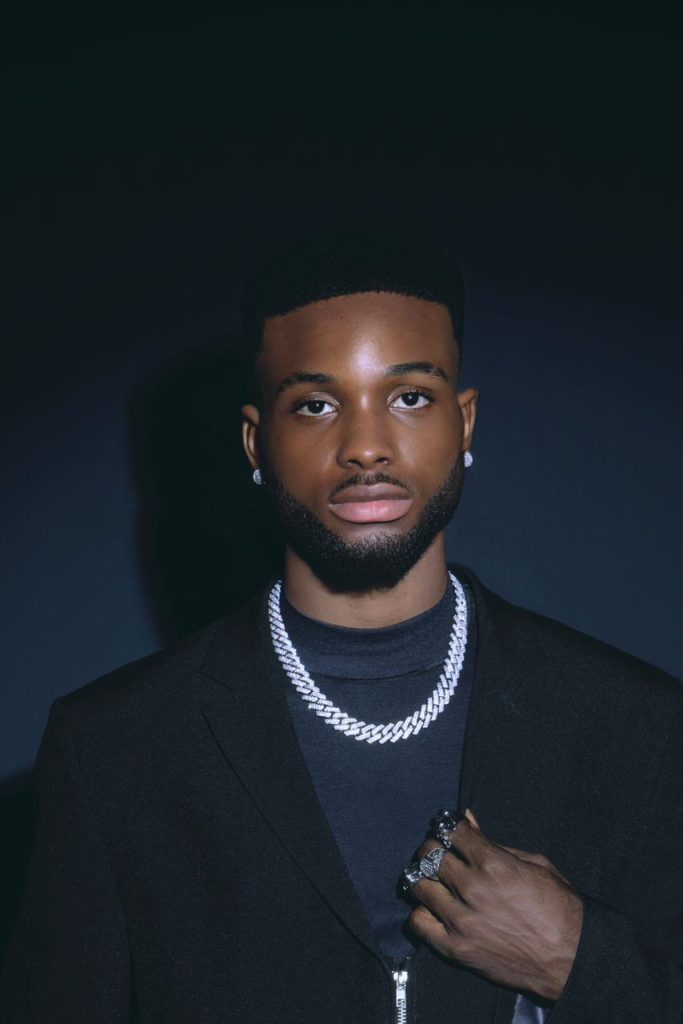
His stage name represents a piece of his childhood, molded by sawdust and the rhythmic pounding of nails into wood. “As the last child, I was the closest to my dad. He would take me to his carpentry workshop, and I loved it,” he describes with nostalgia. The workers affectionately called him ‘Son of a Carpenter,’ but it was his constant presence with a hammer in hand that birthed his moniker. “I was always holding a hammer, moving around, working, and vibing. That’s where Hammerboi came from—hitting beats hard, just like I did with the wood. “
The beauty of music lies in its ability to transcend language barriers. While some might see singing in Bini as a limitation, Hammerboi sees it as his strength. “At first, I wanted to write a proper love song only in Bini, just for my people. But then “Love Letter (Edamwen)” blew up, and most of my fans weren’t even from Benin. The song charted on Apple Music Shazam charts in Tanzania, Uganda, and Gambia. That’s when I knew—music is a universal language.”
Still, he understands the importance of accessibility. “I’m blending English and Pidgin with Bini to perfect my craft. Just like Asake mixes Yoruba and Chike blends Igbo, I’m making sure Bini gets that same treatment.” It’s a delicate balance between cultural preservation and commercial appeal, but Hammerboi is navigating it with ease.
His viral success with “Love Letter” wasn’t something he planned, but it felt meant to be. “That song is a blessing. One day, I opened my laptop, started making the beat, and recorded the first verse and chorus. I posted a 60-second clip on TikTok, and it just took off.” The moment solidified his belief that authenticity can resonate far beyond language barriers. Following that breakthrough, “Ancient City” arrived as a bold cultural statement. “I wanted to sample an old, popular Bini record. My friend Mikaba and I got in the studio, and in one session, we made 70% of the song. When we sent it to my team, everywhere burst!”
Hammerboi’s ambitions stretch far beyond viral hits. “I see myself being among the A-list artists from Nigeria and Africa as a whole,” he says, fully aware of the work it takes to get there. But with his unique sound and clear vision, he’s on the right track.
The rise of Indigenous sounds in Afrobeats is undeniable, and Hammerboi is right at the center of it. “Bini music is already getting recognition. Rema’s “Ozeba” was Grammy-nominated, Shallipopi’s “Oba Pluto” went international, and even back in the day, Sir Victor Uwaifo’s “Joromi” was a classic hit. In Nigeria’s music scene now, the three major ethnic groups? Yoruba, Igbo, and Edo/Benin.” It’s a bold statement, but the evidence is undeniable.

When asked to define his career philosophy in one word, he explains, “Synergy combines harmony, growth, and authenticity.” That ethos is the perfect encapsulation of his journey. Melding tradition with modernity, staying true to his roots while evolving with the industry, Hammerboi is a cultural custodian, a bridge between the past and the present, and proof that there’s space for Indigenous artistry in the global music industry.


